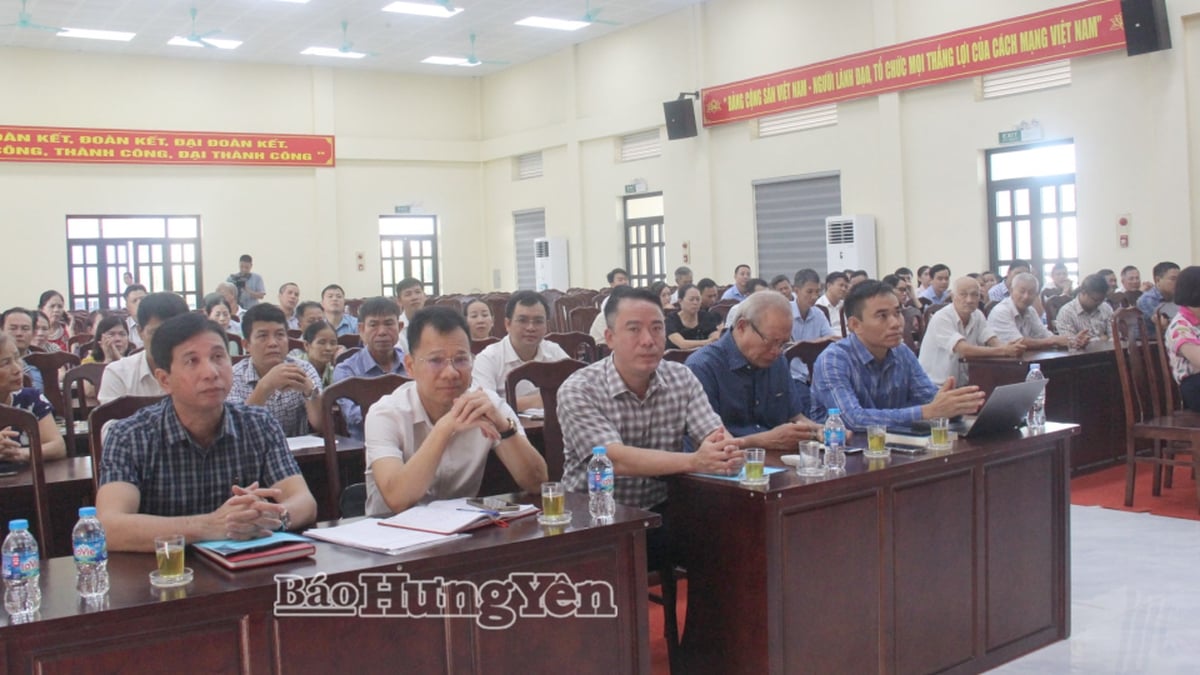According to statistics, Vietnam is one of the countries with the highest rate of crypto-asset ownership in the world . Specifically, Chainalysis (a US blockchain analysis company based in New York) said that the cash flow from crypto-assets into Vietnam in the period 2022-2024 is estimated at more than 100 billion USD. According to Triple A (a crypto-currency payment organization licensed by the Monetary Authority of Singapore), about 17 million Vietnamese people own crypto-assets, accounting for 17% of the population, ranking 5th globally.
Exploiting "underground" economic resources
In the tax legal system in Vietnam, there are general provisions on value added tax, corporate income tax and personal income tax. If digital assets are recognized as a legal type of property, related transactions will be subject to tax according to current regulations. However, because digital assets are not clearly identified in the legal system, most of these transactions are taking place on international platforms or unofficial markets, making monitoring and tax collection difficult.
Therefore, when digital assets are recognized and managed by law, transactions will create a solid foundation for the State to collect taxes from digital economic activities, increase budget revenue and reinvest in essential areas such as education and technology. Along with that, linking digital asset transactions with tax policies will not only help increase revenue, but also create a transparent and fair business environment.
According to calculations, if the personal income tax rate of 0.1% is applied as for securities transactions, more than 800 million USD in taxes can be collected each year. In addition, trading platforms often apply a fee of 0.01 - 0.8% per transaction.
According to Dr. Chu Thanh Tuan, Deputy Head of the Bachelor of Business program at RMIT University Vietnam, if a "reasonable" tax mechanism is applied, Vietnam can generate significant budget revenue from this market. An effective approach is to tax transactions at a low rate, similar to the tax on securities transactions. In addition to the transaction tax, the Government can also consider taxing personal income on profits from cryptocurrency investments, or corporate income tax on companies operating in this field.
If cryptocurrencies are classified as investment assets, profits from trading could be taxed in the same way as stocks or real estate. Cryptocurrency businesses could also be taxed at the same rate as traditional businesses at 20%. Another potential source of revenue for the government is licensing fees for cryptocurrency exchanges. Many countries have implemented this model, such as Dubai (United Arab Emirates), where cryptocurrency projects are required to pay licensing fees. "If Vietnam adopts a similar system, the government can both control the market and generate non-tax revenue."
 |
Investors are monitoring the price fluctuations of cryptocurrencies. Photo: NAM ANH |
Need a balanced tax model
However, building an effective tax system should not only aim to generate new revenue for the budget, but also ensure that this policy does not weaken the market or lead to capital leakage to other countries. For example, India imposed a 30% tax on cryptocurrency profits and a 1% tax on each transaction, and domestic trading volume fell by 70% as investors moved to foreign exchanges. If Vietnam implements a tax rate that is too high or a tax system that is too complex, investors may move their operations to friendlier markets such as Singapore or the UAE, resulting in a loss of potential tax revenue.
To attract investment while ensuring stable tax revenues, Vietnam needs a balanced tax model. A low transaction tax combined with a capital gains tax in the personal income tax bracket can help maintain fairness without undermining the market. In addition, Vietnam should consider exempting cryptocurrencies from VAT, as the European Union and Singapore have done, to avoid double taxation and maintain competitiveness in the regional market.
At the same time, Vietnam needs to cooperate with international organizations to monitor cross-border transactions and prevent tax evasion. If Vietnam establishes a simple, competitive and balanced tax system, it can both generate significant revenue from cryptocurrencies and promote the development of a sustainable digital asset ecosystem.
According to Mr. Phan Duc Trung, Chairman of the Vietnam Blockchain Association, building a legal framework for crypto assets will help the State collect taxes from transactions, while reducing social consequences from uncontrolled investment activities. Investors will experience and understand what an officially recognized transaction is, and at the same time be protected within the legal framework of the State.
However, an important factor to consider is which target group the Government will target with its policies. If targeting domestic investors, it is necessary to consider competition with traditional investment channels such as bank savings, real estate, stocks or gold. Because in reality, these channels already have a clear legal system, crypto-asset exchanges will need a sufficiently transparent mechanism, protecting investor rights and having a reasonable tax policy to create attractiveness.
If attracting foreign investors, the problem of managing capital flows in and out of the economy will be very important. A crypto-asset exchange not only needs to ensure flexibility in transactions, but also needs to have a reasonable capital flow control mechanism to avoid risks of financial fluctuations. This is directly related to tax policy, because if the tax rate is too high or complicated, it will be difficult to attract international investors. On the contrary, if there is a reasonable tax policy and a smart capital flow management system, Vietnam can become an attractive digital financial center in the region.
Previously, the Department of Tax, Fee and Charge Policy Supervision (Ministry of Finance) said that one of the biggest problems when building a legal framework for digital assets is tax policy. And to avoid reducing the attractiveness of the market, the Government can consider applying preferential tax rates in the early stages. This will help encourage investment and promote the development of the digital asset ecosystem in Vietnam.
However, there needs to be a mechanism to control tax evasion and tax fraud in this area. “Some countries have applied blockchain technology to track and monitor digital asset transactions, thereby ensuring transparent and effective tax collection. Vietnam can also learn from the experiences of these countries to build a tax management system suitable for the domestic context,” the Department of Tax, Fee and Charge Policy Supervision and Management stated.
Not long ago, General Secretary To Lam assigned a business and the Blockchain Association to promote the development of applications of this technology. Priority will be given to areas such as building digital government and digital citizens. This is considered a premise for blockchain technology to become a driving force for Vietnam's socio-economic development.
Source: https://nhandan.vn/chinh-sach-thue-doi-voi-giao-dich-tai-san-ma-hoa-post874066.html

































































































Comment (0)